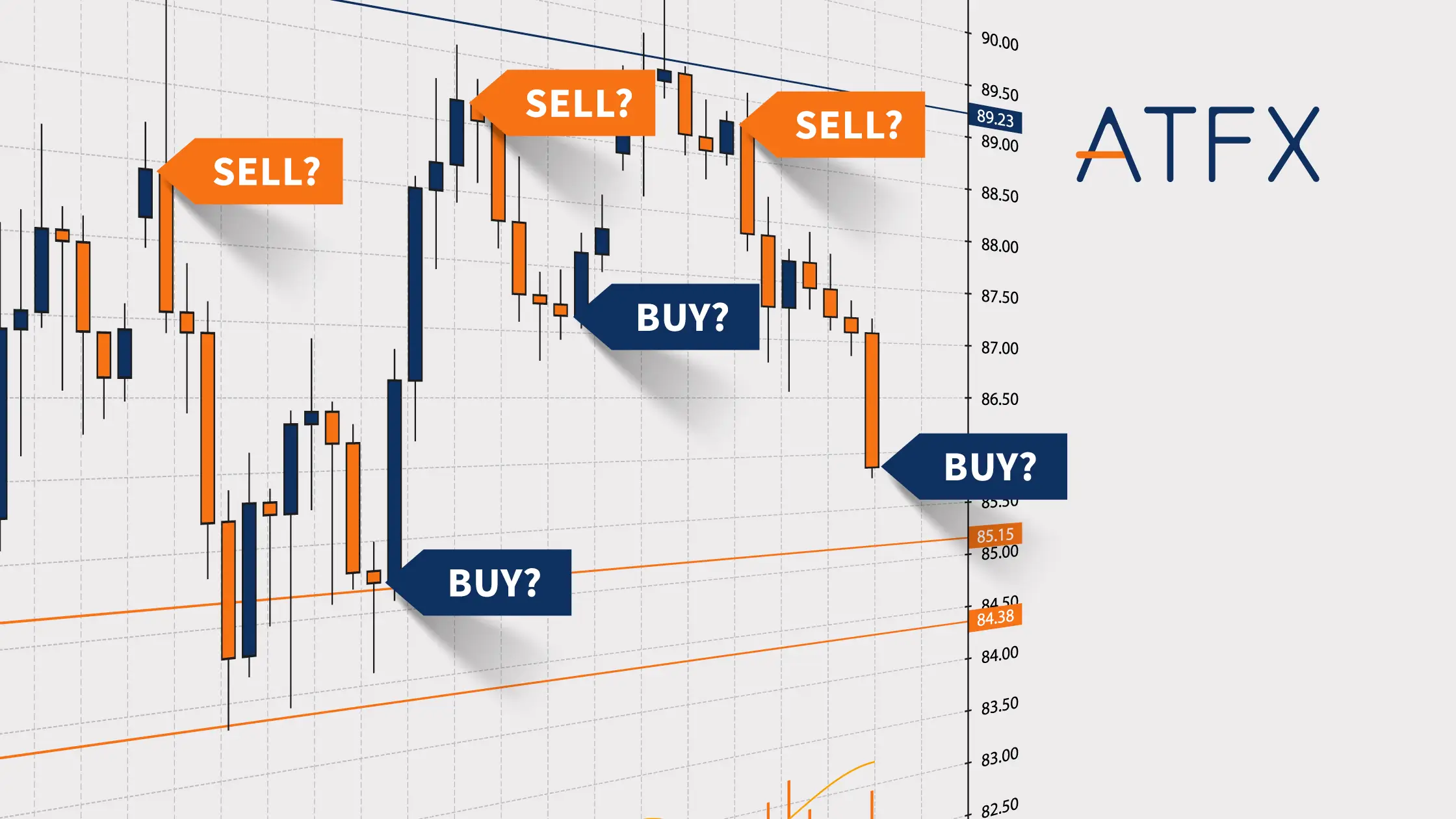Germany’s snap federal election on February 23, 2025, could have major market implications, particularly on EUR/USD and the DAX, as traders assess the next government’s policies. With economic uncertainty driven by high energy costs, labour shortages, and geopolitical tensions, the collapse of the Social Democrats (SPD), Free Democrats (FDP), and Greens coalition has set the stage for a political shift. Key candidates in this election include Chancellor Olaf Scholz (SPD), Friedrich Merz from the center-right Christian Democratic Union/Christian Social Union (CDU/CSU), Alice Weidel from the far-right Alternative for Germany (AfD), Sahra Wagenknecht from the newly formed left-wing Sahra Wagenknecht Alliance (BSW), and Ricarda Lang from the Greens. ATFX examines how this political shift could impact financial markets, particularly EUR/USD and the DAX.
What’s at stake, and why is the German Election 2025 important?
The upcoming election could lead to various economic policy shifts, which in turn may drive the performance of the EUR/USD and the DAX. The collapse of the SPD, FDP, and Greens coalition has left Germany at a political crossroads, with economic uncertainty stemming from high energy and labor costs, sluggish trade with China, and challenges in the automotive sector. The next government’s policies will be crucial in determining market sentiment, as investors weigh the potential for structural reforms or prolonged gridlock. Based on current market analysis, three potential scenarios could unfold:
1. Continued Political Stalemate (Bearish for EUR/USD & DAX)
If the election results in a divided or weak government, political gridlock could stall economic policies and weaken growth, reducing investor confidence. This may push the euro lower and cause increased DAX volatility as markets react to uncertainty.
A stronger-than-expected AfD and BSW performance could deepen political deadlock, shifting German economic observers from stability to panic over eurozone stability.
2. Moderate Fiscal Expansion (Slightly Bullish for EUR/USD & DAX)
Moderate fiscal easing and increased government spending could provide a temporary boost to the economy. While structural challenges may limit significant euro gains, the DAX could benefit, particularly in capital goods and infrastructure sectors.
3. Bold Growth Policies (Bullish for EUR/USD & DAX)
Stronger fiscal policies and structural reforms could boost Germany’s GDP and investor confidence, strengthening the euro and potentially pushing EUR/USD toward 1.10. Meanwhile, increased government investment in infrastructure, green energy, and key industries could drive the DAX growth.
EUR/USD: Key Trading Considerations
Market Impact: The euro’s trajectory will depend on the election outcome and resulting economic policies.
Bearish Case (EUR Weakens)
- A weak or divided government struggling to implement effective fiscal policies could weigh on investor confidence.
- If economic stagnation persists and global risks (e.g., Federal Reserve tightening, geopolitical tensions) rise, the euro may weaken further.
Bullish Case (EUR/USD Strengthens)
- Government policies that improve the economy and increase spending could help strengthen the euro, pushing its value higher.
- A stable political outcome with strong fiscal policies may attract capital inflows, driving EUR/USD higher.
Trading Strategies
Managing Volatility: Traders can apply stop-loss and take-profit orders to manage risk during price swings. High volatility may create trading opportunities, but setting clear risk levels is essential
U.S. Dollar Correlation: A stronger U.S. dollar, driven by Federal Reserve policy, may limit euro gains.
DAX Index: Key Market Drivers & Trading Strategies
Market Impact: The DAX, Germany’s leading stock index, will react to election-driven economic policies. Potential corporate tax cuts could impact key industries, particularly automotive, capital goods, real estate, and utilities.
- Corporate Tax Cuts: Lower tax rates could boost corporate earnings, benefiting industrial, automotive, and financial stocks.
- Infrastructure & Industrial Investment: Increased fiscal spending may boost construction and industrial stocks, impacting the DAX and CFD trading.
- Market Sentiment: Political stability and pro-growth policies could lift market confidence and support the DAX.
Trading Strategies
- Sector Rotation: Traders may look for opportunities in infrastructure and industrial stocks through DAX CFDs.
- Volatility-Based Trades: Market swings could create opportunities in DAX CFD trading, with stop-loss and take-profit strategies helping to manage risk.
- DAX Correlations: Monitoring European economic data and global trade trends can provide insights for DAX CFD trading.
Conclusion
The German election could be a major catalyst for forex and equity markets. A decisive outcome with pro-growth policies may support both the euro and the DAX, while political uncertainty could introduce downside risks. Traders should stay informed and adapt strategies accordingly as the election unfolds.
ATFX remains committed to providing market insights and trading opportunities as Germany’s political landscape evolves in 2025.




